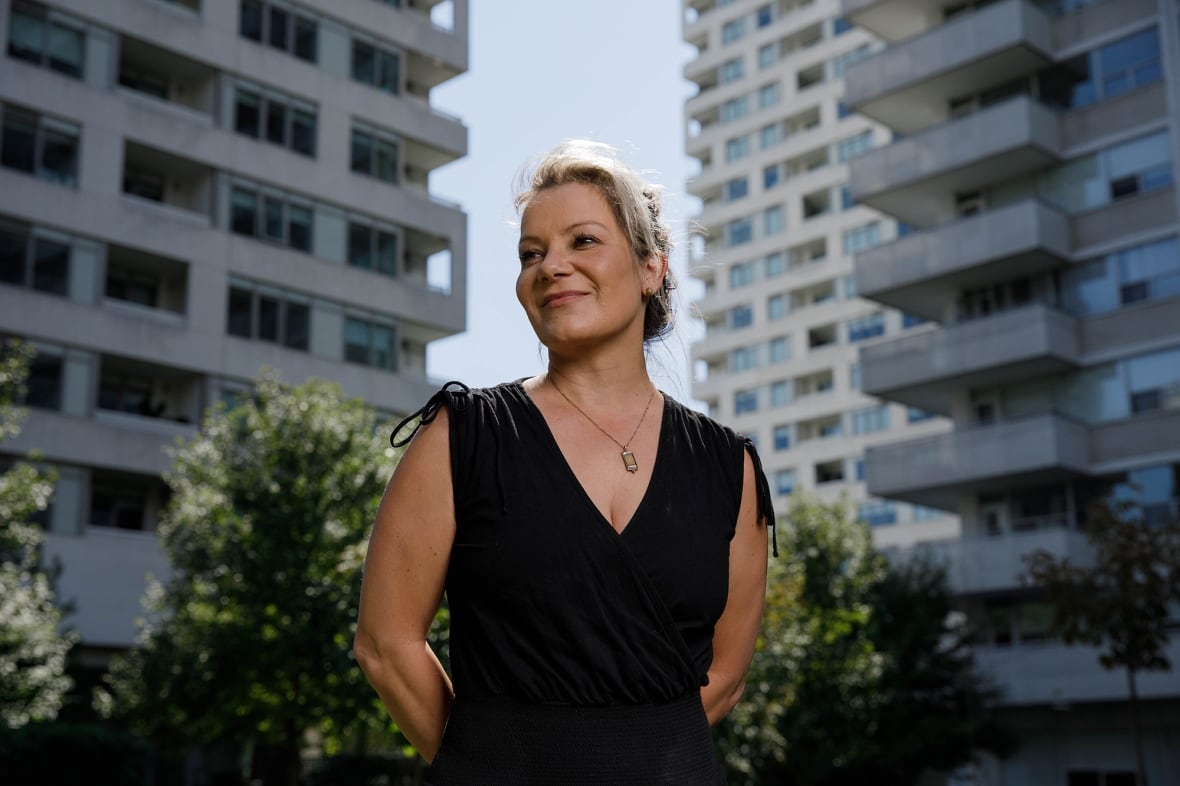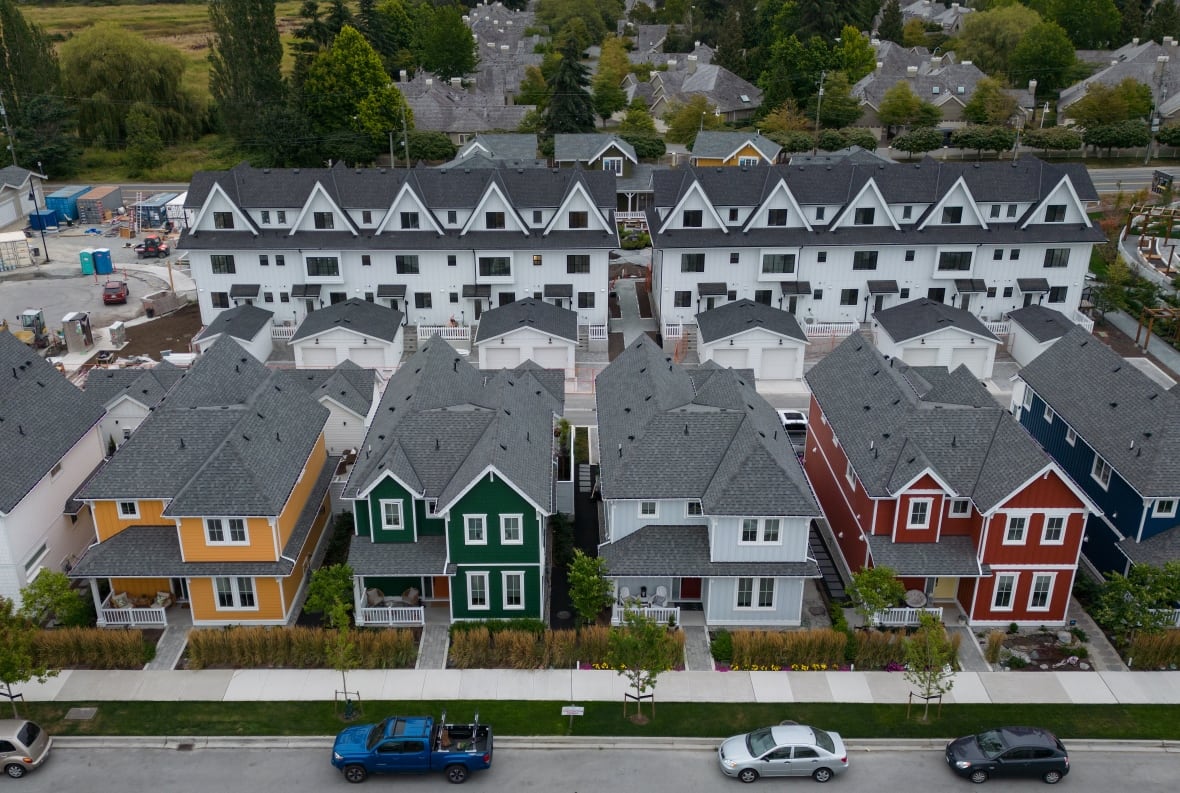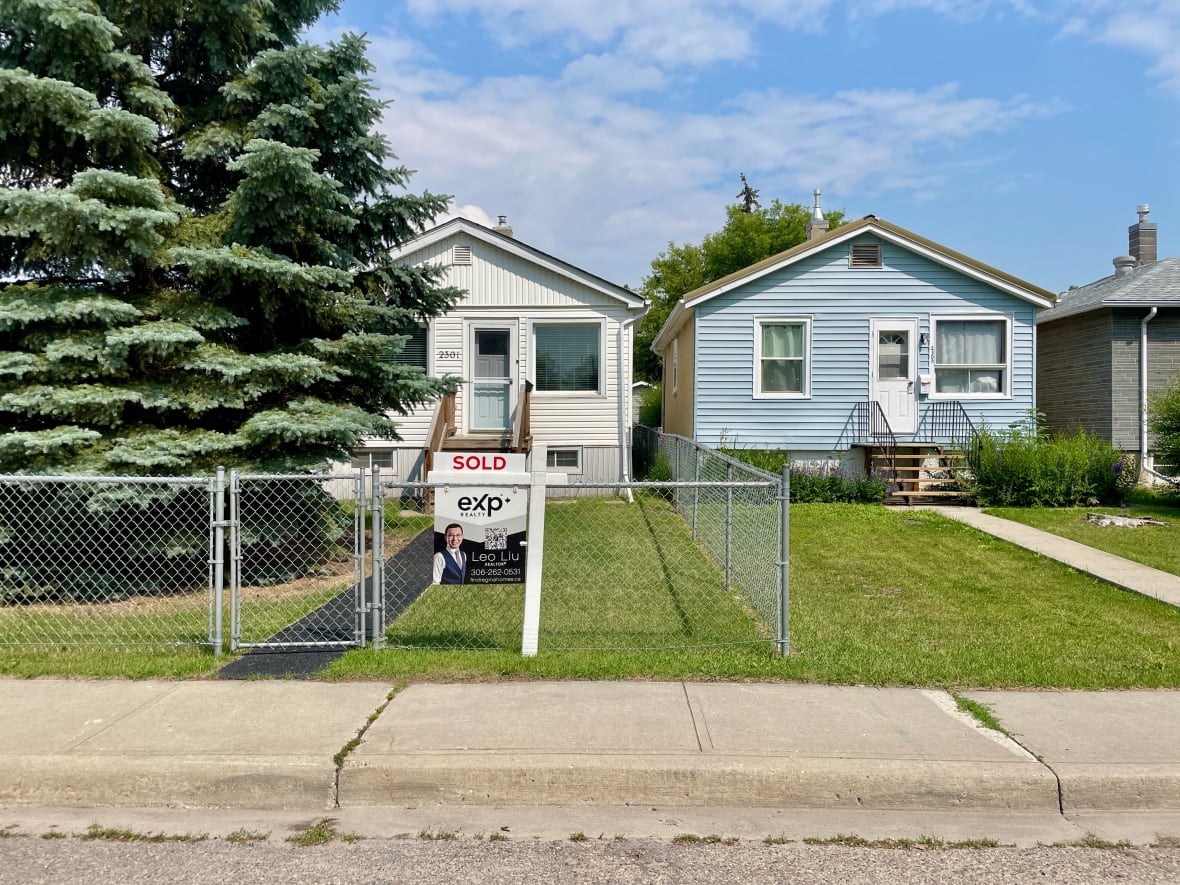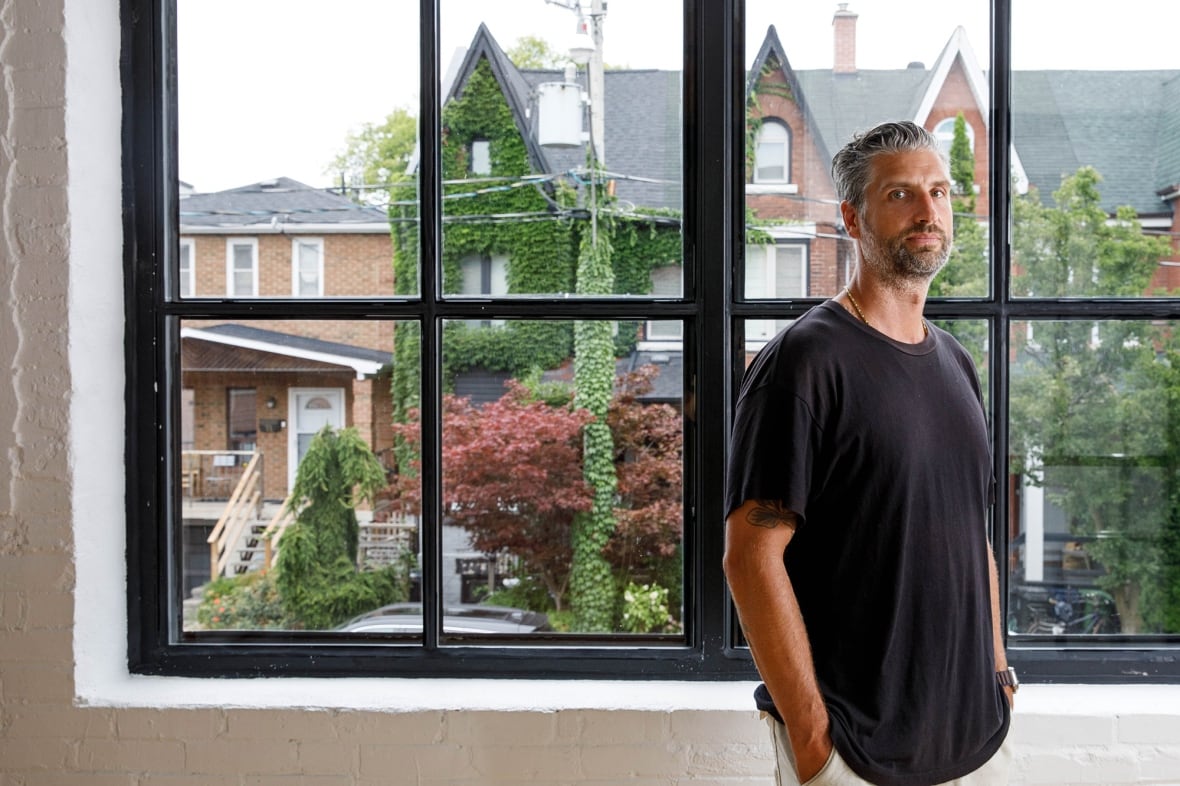[published_date]
For many Canadians, there’s been little hope of home ownership in some of the country’s biggest housing markets.
But that narrative appears to be shifting, at least in places such as Vancouver, Toronto and surrounding areas, as prices remain relatively low and interest rates seem to hold steady.
“I’m definitely starting to see those first-time buyers slowly come back in and starting to look at what’s out there,” said Toronto real estate agent Heather Hadden. “I haven’t seen such a good time for a first-time buyer in years and years.”
Hadden and many other experts are calling it a “buyer’s market” — especially for those looking for condos — because supply is high and pressure to act quickly is low.
“We’re finally seeing a market where buyers can negotiate, take their time, and they have a huge choice between where they might decide to make an offer,” Hadden said.
“I would have said a year or two ago that for $600,000, you would have gotten, like, a tiny little baby condo maybe, or a bit bigger, but not in the [Toronto] core,” Hadden said. “Right now for under $600,000, you can get a pretty decent one-bedroom condo.”
“And if you move out of the city an hour or so, you can buy a three-bedroom home,” she said.

But is it a case of now or never?
“Some buyers might be feeling that pressure to buy now or they are going to miss their opportunity, and I just don’t think that’s quite the case,” said Fred Blondeau, Montreal-based managing director and head of Canadian research at Green Street, a global real estate analysis firm.
“I don’t think we are going to see those same runaway home prices that we saw for the last decade anytime soon. Buyers have time right now to consider their options and what they want.”
Lower prices and cooling interest rates have first-time home buyers in parts of Canada wondering if this is their shot to own. For The National, CBC’s Ashley Fraser breaks down what’s happening in the real estate market and the costs to consider before diving in.
A turning point?
According to the Canadian Real Estate Association (CREA), the average price of a home in Canada dropped by nearly $150,000 between February 2022 and July of this year.
Last fall, Canada’s housing market began to see an uptick as lower interest rates took effect.
By the end of 2024, the key interest rate was down to 3.25 per cent, after sitting at five per cent for almost a year. It’s currently at 2.75 per cent.

But many observers say Canada’s trade war with the United States, which began earlier this year, seemed to give some homebuyers pause again. For RBC economist Robert Hague, that created pent-up demand that he says is starting to return.
“As this economic uncertainty eases, it should lead the way for the recovery that was previously in motion [in fall 2024]. The last few months, we’ve seen home resell activity across Canada, including in Ontario and B.C., starting to pick up again,” he said.
“Our view is that that probably marks a turning point, and that pent-up demand is now being tapped into as those individuals make their way back into the market.”

Hague also notes there has been a “slump” in housing construction in Ontario and British Columbia, which could also potentially drive up future prices.
“A combination of supply slump and demand rebound would increase the odds of rapid price increases and material loss of affordability down the road,” he said.
The fear for some potential homebuyers is that this quickly turns into an up market, or seller’s market.
Blondeau urges caution, saying there are other market conditions that point to yet more upheaval, which could lead to even lower prices in some markets. That includes slowing population growth, continued uncertainty with U.S. trade and what will happen next with interest rates.
“The Bank of Canada was really good to homeowners last year, but there is no guarantee that will continue,” Blondeau said. “Interest rates remain a wild card. The future rate might be a positive [for mortgage-holders], but it is not a given.”
He says the job market is under pressure at the moment and households are feeling “more stressed financially.”

Green Street research shows the number of mortgage delinquencies in Ontario, for example, has almost tripled since 2022, and Blondeau expects more to come.
“This year, we will see about half of the mortgage-holders who signed with those low rates renew. And that could mean there will be more inventory on the market as people need to sell,” he said.
Blondeau says now isn’t a bad time for first-time buyers, but for the reasons he lays out, he recommends they monitor market conditions for the next six to nine months.
Hadden admits it’s hard to find the bottom of the market. She pointed to the brief down market in the wake of the financial crisis at the end of 2008, noting she worked with buyers who chose to buy amid great economic uncertainty.
“Some of them who sold five to seven years later made a million dollars,” Hadden said.
“A lot of people who say to me, ‘I want to wait until the bottom,’ miss the boat.”
Buying outside major markets
While markets in B.C. and Ontario might remain low, the picture isn’t the same across the country.
Hague points to places like Saskatchewan and Winnipeg, which have much tighter supply and demand conditions.
“There’s fewer homes for sale [in those markets] relative to the number of buyers, and that keeps pushing prices up,” he said. Hague also cited Quebec and Atlantic Canada, where prices are going up and market activity has remained “robust.”

For many renters considering the leap into home ownership, current prices in places like Toronto and Vancouver still remain largely unaffordable and obscure the fact that according to CREA, the average Canadian home price shot up from about $243,000 in January 2005 to $710,000 in January 2025.
Going back to the example Hadden gave of an entry-level price for a one-bedroom condo in Toronto, what would you need to afford a $600,000 home?
According to Toronto-based mortgage broker Marshall Tully, even with a 20 per cent down payment, you would need to earn roughly $100,000 a year to get the necessary mortgage.
“The golden rule is that you will qualify somewhere around four times your income based on current interest rates and amortization allowance,” he said.

Blondeau says there’s more than just the cost of a mortgage to consider, especially if first-time buyers are getting into the condo market. There are property taxes and home insurance, as well as any maintenance fees.
“Those maintenance costs as well as home insurance and taxes are not going down,” he said. “Young people tend to forget those aspects.”
Hague says the condo market in particular has a mix of resale offerings, but he’s heard many stories of people who bought pre-construction condo units as an investment but now can’t find willing buyers.
“Price is a very powerful signal. It is meant to stimulate demand and sales … the whole point is to attract buyers, and for some it will work and the lower price will fit what they are looking for,” he said. “For others, what’s on offer does not suit their needs.”
Blondeau’s advice to first-time buyers is to consider their options and be ready to act — but to not feel rushed.
“I don’t think we are going to see the runaway market we saw for so many years, so people shouldn’t be feeling like they need to buy now or never,” he said. “It is not the same market as it was.”




